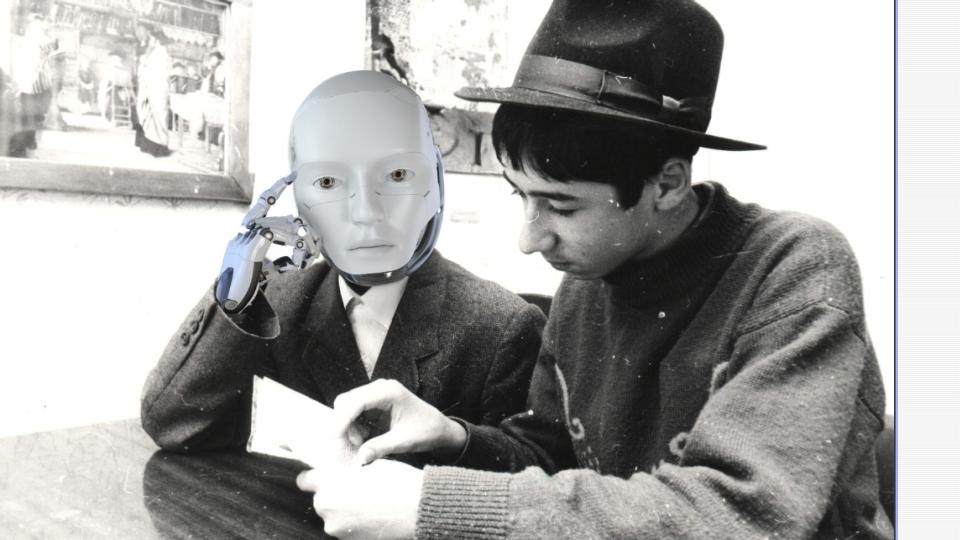Reciprocal Human Machine Learning (RHML) is an interdisciplinary approach to designing human-AI interaction systems. RHML aims to enable continual learning between humans and machine learning models by having them learn from each other. This approach keeps the human expert "in the loop" to oversee and enhance machine learning performance and simultaneously support the human expert continue learning.
RHML emerged in the context of the rise of big data analytics and artificial intelligence for intelligent tasks like sense-making and decision-making. As machine learning advanced to take on more roles, researchers realized fully autonomous systems had limitations and needed human guidance. RHML extends the concept of human-in-the-loop systems by promoting reciprocal learning. Humans learn from their interactions with machine learning models, staying up-to-date on evolving technology. The models also learn from human feedback and oversight. This amplification of learning on both sides is a key focus of RHML. The approach draws on theories of learning in dyads from education and psychology. It also builds on human-computer interaction and human-centered design principles. Implementing RHML requires developing specialized tools and interfaces tailored to the application.
Recent publications related to RHML include:
-
Cohen, D., Te’eni, D., Schwartz, D.G., Yahav, I., Silverman, G., Mann, Y. & Lewinsky, D., Human –AI Enhancement of Cyber Threat Intelligence, International Journal of Information Security, 2025, https://doi.org/10.1007/s10207-025-01004-4.
-
Silverman, G., Te’eni, D., Schwartz, D. G., Mann, Y., Cohen, D., & Lewinsky, D., A Hybrid Mixed Methods Design of Qualitative Enhancement and Reciprocal Feedback Loop for Augmented Text Classification. Quality & Quantity, 2025, https://doi.org/10.1007/s11135-025-02108-8.
-
Lewinsky, D., Te’eni. D., Yahav, I., Schwartz, D.G., Silverman, G. & Mann, Y., Detecting terrorist influencers using reciprocal human-machine learning: The case of militant Jihadist Da'wa on the Darknet, Humanities and Social Sciences Communications, 11, 1442. 2024. https://doi.org/10.1057/s41599-024-03920-7.
-
Te’eni, D, Zagalsky, A, Yahav, I, Schwartz, DG, Silverman, G, Cohen, D, Mann,Y & Lewinsky, D, Reciprocal Human-Machine Learning: A Theory and an Instantiation for the Case of Message Classification. Management Science, 2023 https://doi.org/10.1287/mnsc.2022.03518.
-
Schwartz, D.G., Te’eni, D., and Yahav, I., Reciprocal Human Machine Learning (RHML): Human-AI Collaboration based on theories of dyadic learning, AAAI Summer Symposium: Building Connections: From Human-Human to Human-AI Collaboration, Singapore July 2023. https://doi.org/10.1609/aaaiss.v1i1.27483
-
Chriqui, A., Yahav, I., Schwartz, D.G., Lewinsky, D., and Mann, Y., Parallel Bert Architecture for Imbalanced Text Classification, ISCOL 2022 - The Israel Seminar on Computational Linguistics, September 8, 2022.
-
Zagalsky, A., Te’eni, D., Yahav, I., Schwartz, D. G., Silverman, G., Cohen, D., Mann, Y., & Lewinsky, D. (2021). The Design of Reciprocal Learning Between Human and Artificial Intelligence. Proc. ACM Hum.-Comput. Interact., 5(CSCW2), 1–36. https://doi.org/10.1145/3479587

